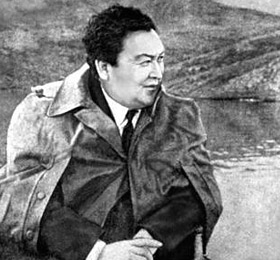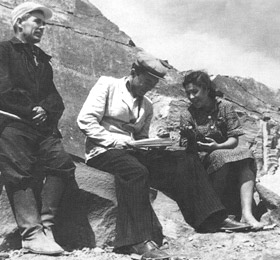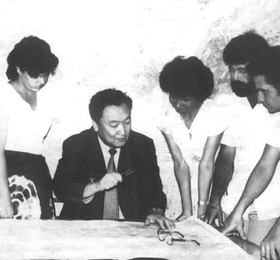HOW YDL STANDS OUT
Until May 5, the Shakhmardan Yessenov Foundation is accepting applications from aspiring and qualified young Kazakhstanis who dream of gaining Big Data skills and applying them in their careers. How will the sixth Yessenov Data Lab 2025 (YDL), Summer School for analysts, differ from previous ones? Grigoriy Lee, the Program manager, has the answer.
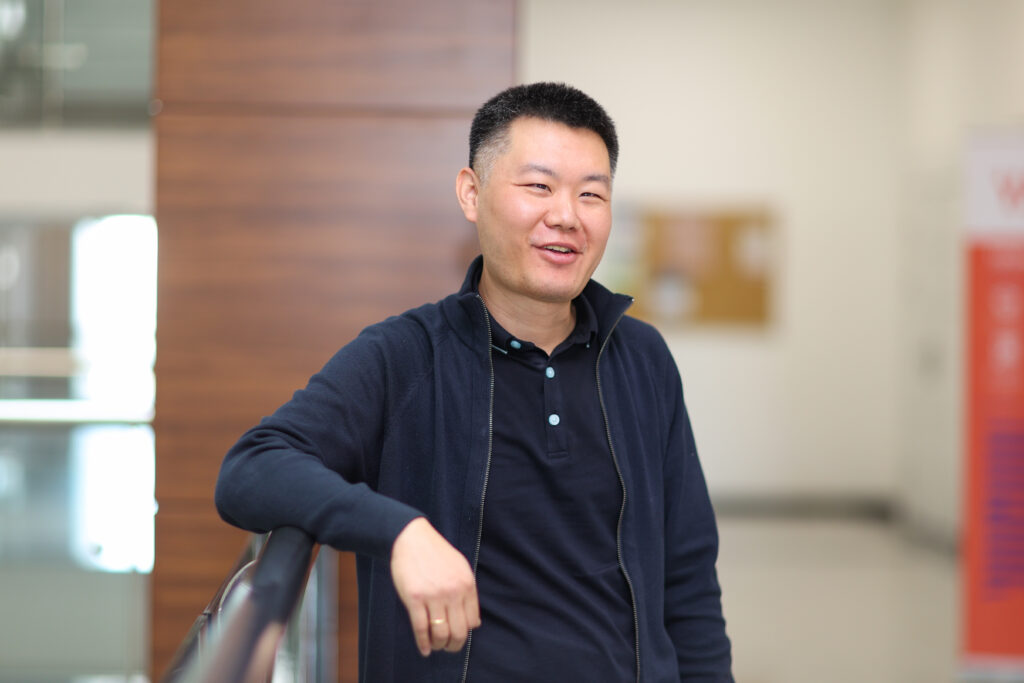 The intensive Summer School for analysts, Yessenov Data Lab, was held for the first time in 2018 at the initiative of the founder of the Foundation, businessman and philanthropist Galimzhan Yessenov. To date, 96 young Kazakhstanis have completed their training there.
The intensive Summer School for analysts, Yessenov Data Lab, was held for the first time in 2018 at the initiative of the founder of the Foundation, businessman and philanthropist Galimzhan Yessenov. To date, 96 young Kazakhstanis have completed their training there.
What’s new and exciting about this YDL that sets it apart from previous Schools?
The School will take place from June 16 to July 11. First, it will be held in a hybrid format. During the first two weeks out of the four, the training will be online, and during the other two weeks, it will take place offline in Almaty, hosted by AlmaU, our long-time partners. Second, the program itself will be exceptionally strong.
Are we talking about interesting topics or the professional level of speakers?
This year, both clearly demonstrate that the Yessenov Foundation’s School for analysts has reached a new level in its operations. The YDL lecturers have also advanced in their careers. For example, Dr. Timur Bakibayev, a computer scientist, is now the Director of the Institute of Digital Transformation at Narxoz University. Meanwhile, Vladislav Yushchenko, with whom we have collaborated in the past, has become a Senior Machine Learning Engineer at Meta’s London office. For the first time, the School has invited a lecturer from Google DeepMind, research engineer Nikita Saxena. She is working on enhancing Gemini, specifically in the areas of multimodal understanding (when AI works with different types of data simultaneously, such as text and images) and generation capabilities (the ability to create something new, like text, drawing, or music). Nikita’s lectures will be conducted in English. This is why the level of English proficiency is even more important for the winners of the Program this year. It’s not just about understanding specific terminology; it’s also about being able to fully communicate with the lecturer.
And what about the curriculum?
Dr. Kuanysh Abeshev, a mathematician and the Dean of the School of Digital Technologies at AlmaU, will talk about machine learning. In the course of his week, the School participants will master predictive analytics and machine learning techniques. As part of YDL, the aforementioned Timur Bakibayev will help the participants learn the best practices of the Python programming language for working with data and chatbots. The topic of the third week, led by Nikita, a new name in the YDL’s list of lecturers, will cover the theory and practice of working with large language models. In the final week of training, Vladislav will teach about computer vision, as well as methods of deep learning and neural networks.
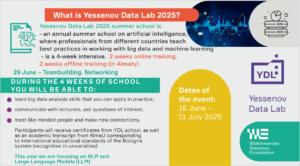 What exactly in the YDL 2025 program reflects the trend of AI increasingly entering our lives?
What exactly in the YDL 2025 program reflects the trend of AI increasingly entering our lives?
The sixth Summer School for analysts, Yessenov Data Lab, will also stand out in terms of integrating AI into the syllabus. ChatGPT, Gemini, DeepSeek, Grok — these are no longer magical tools, but instruments that the YDL 2025 participants will learn to understand and use consciously. They will figure out how these models work “under the hood”: what happens when you write a query, how the response is generated, how to further train such models for specific tasks, and how to continuously improve their efficiency.
One of the key topics is the integration of large language models (LLMs) into chatbots and digital solutions that automate processes in business and everyday life. For instance, chatbot for an electronics store will not only provide comprehensive consultation about a product but also reserve the item, call a courier, send notification to the customer, etc. A chatbot for a beauty salon will not just book an appointment but also synchronize with the stylist’s schedule, offer alternatives in case of a canceled visit, and even send reminders about the appointment.
The Summer School participants will discover that behind the seemingly simple phrase “AI-powered chatbot” lies a multitier architecture, precise working with data, model selection, and infrastructure solutions. This understanding distinguishes a specialist from a regular user. And it is precisely this kind of knowledge that is becoming increasingly in demand across various industries – from e-commerce to healthcare.
How will the selection process for the Yessenov Foundation’s Summer School for Analysts be conducted this year?
The process will follow the traditional format. The three-round competition will begin upon the completion of the application process by May 5. As a result, we will select 20 winners who will receive grants for training at YDL. First, we will review the applications and assess whether the applicants meet the Program’s Provisions requirements, and whether they can advance to 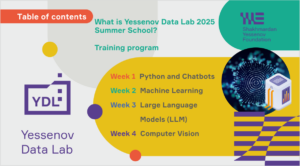 the main selection challenges. The list of those who have advanced will be published on May 20. Next comes the actual competition for the grant, which will involve solving professional tasks. First, there will be a test on mathematics and logic, followed by an exam on data analysis. During the final stage of the competition, the third round, an online interview with the Expert Council of the Yessenov Foundation will take place. Detailed information about what to know and how the competition stages will proceed is outlined in the YDL Program’s Provisions, available on our website. By June 6, we will have the list of winners, the participants of Yessenov Data Lab 2025.
the main selection challenges. The list of those who have advanced will be published on May 20. Next comes the actual competition for the grant, which will involve solving professional tasks. First, there will be a test on mathematics and logic, followed by an exam on data analysis. During the final stage of the competition, the third round, an online interview with the Expert Council of the Yessenov Foundation will take place. Detailed information about what to know and how the competition stages will proceed is outlined in the YDL Program’s Provisions, available on our website. By June 6, we will have the list of winners, the participants of Yessenov Data Lab 2025.
What will the YDL 2025 offer its participants in addition to the most valuable asset that of knowledge and skills?
For all non-local participants of the Summer School, we will cover the cost of round-trip flights or travel arrangements, accommodation in Almaty, meals, and transfers from the hotel to the training location during the offline part of the Program (the last two weeks). All participants who complete the intensive YDL course will receive certificates from the School, as well as an academic transcript from AlmaU that meets international educational standards. But the most important and priceless thing, of course, is knowledge and skills. Over the course of a month at the School, participants will acquire practical skills in Big Data analysis, interact with lecturers who are experts in both theory and practice, ask all the questions they have, meet like-minded individuals from all over Kazakhstan, and network.
14.04.25, Newsfeed
Seen by: 1,071


